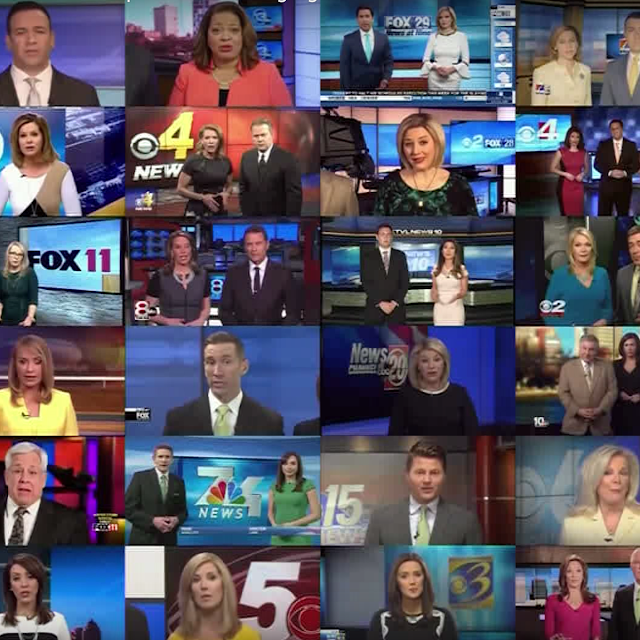Outlawing phony information will cool the genuine information
The call "phony information" has acquired importance recently many thanks to US Head of state Donald Trump's assaults versus the media throughout the 2016 US political election. In 2017, it was among Collins Dictionary's 2017 words of the year.
Unsurprisingly, political leaders utilize the phony information tag to discredit media tales that depict them in a unfavorable light. And it is back in the headings after the biggest tv business in the US – Sinclair Transmitting Team – provided a collaborated project of scripted cautions regarding phony information in terms that resemble Trump's sentiments:
The sharing of biased and incorrect information has ended up being all as well typical on social networks … Some participants of the media utilize their systems to press their very own individual predisposition … This is incredibly harmful to our freedom.
v
On the other hand, a brand-new examine recommends that real phony information might have assisted Surpass to protected the political election. Ohio Specify College scientists discovered a high analytical organization in between idea in phony information products and ballot in 2016.
Whatever the effect of phony information on political election results, some federal governments are presenting regulations to manage the issue. However these legislations are much a lot extra most likely to restrict totally complimentary speech, cool the genuine information, and produce unintentional repercussions.
Public rely on media is reduced
Surpass and various other politicians' assaults mirror commonly held uncertainties regarding the media. A current survey by Monmouth College revealed that greater than 77% of Americans thought that traditional media records phony information. One in 3 thought this occurred routinely, whereas 46% believed it just occurred sometimes.
Phony information was specified extensively: 25% believed it described incorrect truths, whereas 65% thought it likewise protected content choices and information protection. 87% of Americans believed rate of passion teams grow phony information on systems such as Twitter and google and YouTube. Of issue, 42% thought media reported phony information to press an program, and 35% relied on Surpass greater than CNN.
Australians likewise have reduced self-confidence in the media. Inning accordance with the 2018 Edelman Count on Measure, simply 32% count on the media – the 2nd most affordable rack up from the 28 nations checked.
Brand-new legislations take objective at phony information
The congruence of public mistrust and politicians' self-interest has got to an apparent denouement: regulations. Cara Simpel Bermain Slot Online 2020

One of the most egregious of these legislations was simply gone by the Malaysian Parliament's Reduce Home. The Anti-Fake Information Act 2018, which imposes prison regards to as much as 6 years, will ended up being an Act after Us senate authorization. The legislation specifies phony information extensively to consist of:
…any information, info, information and records, which is or are completely or partially incorrect, whether through functions, visuals or sound recordings or in other develop qualified of recommending words or concepts.
The legislation is especially harmful since it has extra-territorial application – immigrants could be handled "as if the offense was dedicated" within Malaysia. In various other words, it's not simply Malaysian reporters that might be secured – international media could likewise be secured if Malaysian police could get to them.


